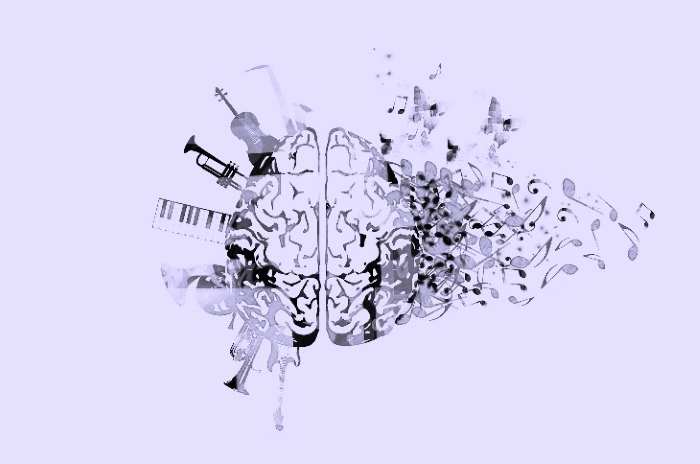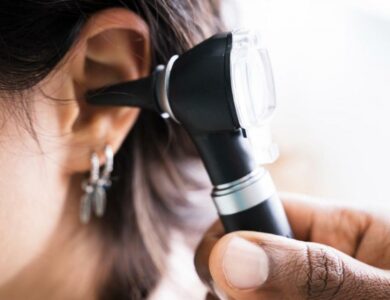Stress Busters and Memory Makers: The Brain-Boosting Wonders of Music

In the grand orchestra of life, there’s a fascinating instrument that plays a profound role in the symphony of our brains: music. It’s not just about catchy beats or soul-stirring lyrics; there’s a scientifically-backed, mind-bending connection between music and the brain that’s nothing short of extraordinary.
The Brain’s Jam Session
Imagine your brain as a DJ spinning tracks in a non-stop jam session. Now, cue the research: a study published in the Journal of Neuroscience reveals that when we listen to music, multiple areas of our brain light up like a star-studded concert. The auditory cortex, responsible for processing sound, starts the party, while the prefrontal cortex, the brain’s CEO, gets into the groove, managing emotions and decision-making.
Dopamine Dance
Here’s the cool part: your brain isn’t just passive; it’s a dancing partner. Research from McGill University suggests that when you dig a particular tune, your brain releases dopamine – the feel-good neurotransmitter. It’s like a reward for your ears, creating a natural high that makes you hit the replay button.
Memory Lane Serenade
Ever wondered why a song can instantly transport you to a specific moment in time? Blame it on the hippocampus, the brain’s memory maestro. A study from Stanford University found that music engages this region, creating neural connections that link melodies to memories. So, when you hear that song from your road trip playlist, get ready for a mental journey down memory lane.
Stress-Busting Beats
In the chaos of life, music emerges as a superhero, caped in stress relief. A meta-analysis in the Journal of Music Therapy found that listening to music significantly reduces cortisol levels, the hormone associated with stress. So, when the world feels like a cacophony, plug in those headphones and let the soothing tunes be your sonic sanctuary.
Learning a New Note
But wait, there’s more! Researchers at Northwestern University found that music training enhances neural processing, improving our ability to understand speech in noisy environments. It’s like music gives our brain a pair of noise-canceling headphones, helping us pick out the important bits amidst the clamor.
The Beat Goes On
In the grand finale of this brainy concert, let’s appreciate the enduring effects. A study in Trends in Cognitive Sciences suggests that musical training can lead to long-term structural changes in the brain, enhancing cognitive functions and even staving off age-related decline. So, it’s not just a momentary thrill; it’s an investment in your brain’s future well-being.
The music and brain connection is not just a melody; it’s a scientific sonata, an exquisite dance between neurons and notes. So, the next time you’re immersed in your favorite tunes, know that you’re not just listening; you’re conducting a symphony that resonates deep within the corridors of your mind. It’s not just music; it’s a mind-altering experience.
DIMHANS Director, Dr. Mahesh Desai‘s observations and experiences with music therapy at DIMHANS, Dharwad, align with the growing body of evidence supporting the therapeutic benefits of music for various psychological disorders, including depression and anxiety. The use of specific ragas, as mentioned by Dr. Desai, reflects the deep-rooted understanding of the emotional impact of music in Indian culture.
The positive outcomes observed in the music therapy sessions at DIMHANS further emphasize the need for more rigorous research in this field. While preliminary studies have shown promising results, more comprehensive and controlled studies are essential to fully understand the mechanisms by which music exerts its therapeutic effects, he said.
The potential benefits of music therapy extend beyond mood disorders, as it has also shown promise in treating conditions such as autism spectrum disorder, dementia, and chronic pain. As research in this area progresses, music therapy is likely to gain wider recognition and acceptance as a valuable tool for mental health treatment.








